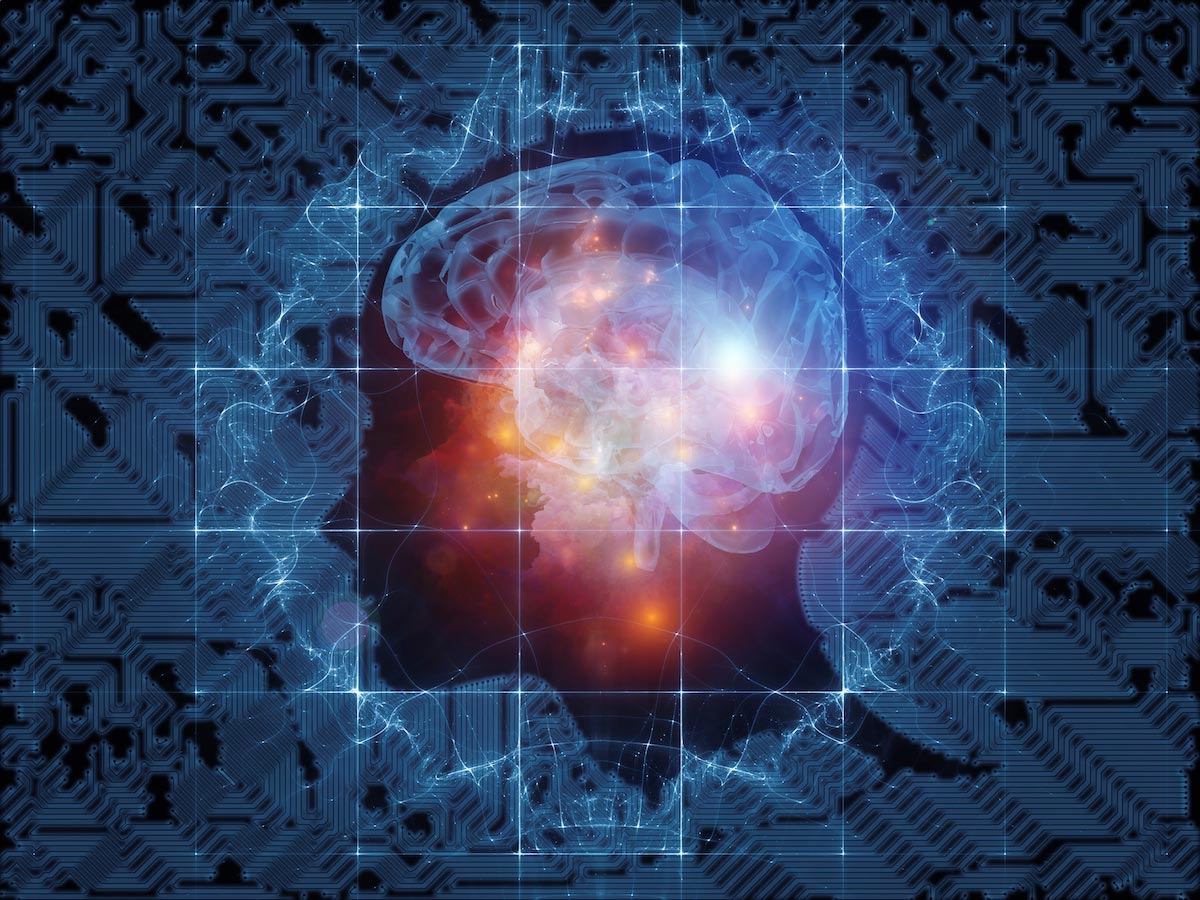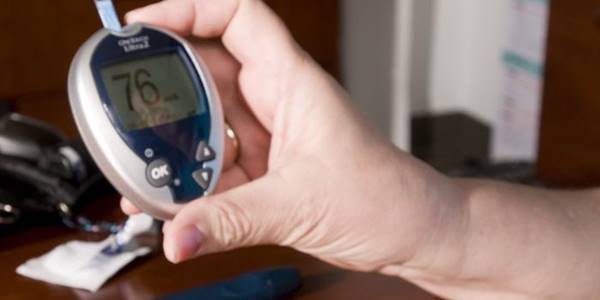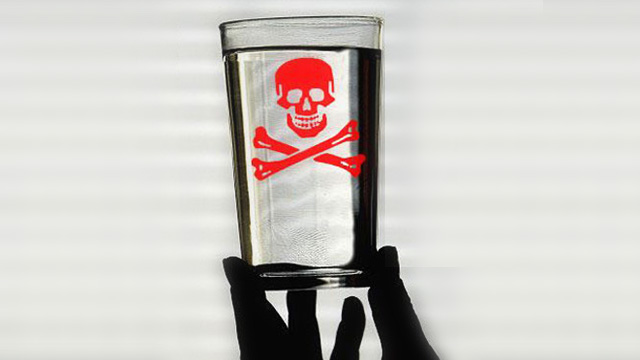Neurologists examine what happens in your brain when you experience an alcohol-induced blackout
01/29/2019 / By Zoey Sky

Picture this: You’re out with some friends, you’ve all had a lot of drinks — but no one’s really keeping count. The next minute, you’re passed out, and when you wake up, you have no idea where you are or what just happened to you.
Congratulations, you’ve just experienced an alcohol-induced blackout.
What happens during an alcohol-induced blackout?
After you wake up, you’ll try to remember what happened before things got hazy. Sometimes, you’ll have a vague recollection of something embarrassing, or you might not remember anything at all, and this lost time can last from several minutes to a couple of hours.
They can be scary for some people, but alcohol-induced blackouts are a very common experience. In fact, the results of a 2015 survey of English teenagers who drank revealed that at least 30 percent of teens aged 15 years old and 75 percent of teens aged 19 years old often experienced these blackouts.
In medical terminology, this kind of memory loss is known as temporary “anterograde amnesia” wherein the ability to form new memories is impaired for a short period of time. During an alcohol-induced blackout, you can’t remember anything because your brain has lost the ability to “record and store memories.”
Neuroscientists are still trying to learn more about how these kinds of blackouts occur. Researchers used to believe that alcohol impairs memory since it kills brain cells. While it is true that long-term alcohol abuse may damage nerve cells and permanently impact memory and learning, it remains unknown if brain damage causes acute blackouts.
When you black out, processes in the hippocampus, the area of the brain that forms, stores, and retrieves new memories, are disturbed.
The hippocampus is part of the limbic system, which is linked to the functions that involve feeling and reacting. Your hippocampus helps you process and retrieve two kinds of memory. The first kind includes declarative memories, or your recollection of facts and events, such as learning how to memorize speeches. The second kind includes spatial relationship memories, or memories about pathways or routes, like learning a route through a city. The hippocampus is also where short-term memories become long-term memories, which are then stored elsewhere in your brain.
Experts note that alcohol impairs the “long-term potentiation of synapses at the pyramidal cells in the hippocampus.” When you get drunk, alcohol changes the activity of certain glutamate receptors, which boosts the production of specific steroid hormones. These steroid hormones may slow the long-term potentiation of hippocampal synapses.
This mechanism is usually responsible for strengthening the synaptic transfer of information between neurons, the basis of memory formation. (Related: Excessive alcohol intake damages your brain.)
How much alcohol can cause a blackout?
To determine how much alcohol a person needs to drink before they can blackout, researchers tested the effects of alcohol on rodents.
Based on the results of the study, the blood alcohol concentration must be dangerously high, or at least 300 milligrams (mg) per deciliter (dL). This corresponds to around 2.4 parts per thousand.
However, in humans, the amount of alcohol that causes a blackout changes depending on the person. People who drink large amounts of alcohol quickly have a tendency to experience memory impairment more often.
Another thing to consider is the use of drugs like benzodiazepines, which can weaken memory formation and cause blackouts on their own. Taking benzodiazepines and drinking small amounts of alcohol can make it difficult to remember anything before you lose consciousness.
Neurologists are currently studying the substances that can strengthen long-term potentiation under the influence of alcohol and help support the formation of memories. Experts believe that as an antagonist, AP5 (a class of anesthetics) can block specific glutamate receptors. This could prevent some of the negative effects of alcohol consumption. A drug often used to treat an enlarged prostate, 5-alpha-reductase inhibitor, can also partially cancel out the negative effects of alcohol since it can block the formation of new steroid hormones.
While neurologists are still trying to determine the connections between alcohol and brain function, there is no denying that alcohol has short- and long-term effects on a person’s memory and other cognitive functions.
Experts warn that the “the most effective and simple strategy to prevent alcohol-induced blackouts is to avoid large amounts of the substance,” especially if you are taking other drugs or medications.
Sources include:
Tagged Under: Alcohol, alcohol blackouts, alcohol-induced blackouts, brain function, brain health, Drinking, memory loss, mind body science, neurobiology, temporary anterograde amnesia



















